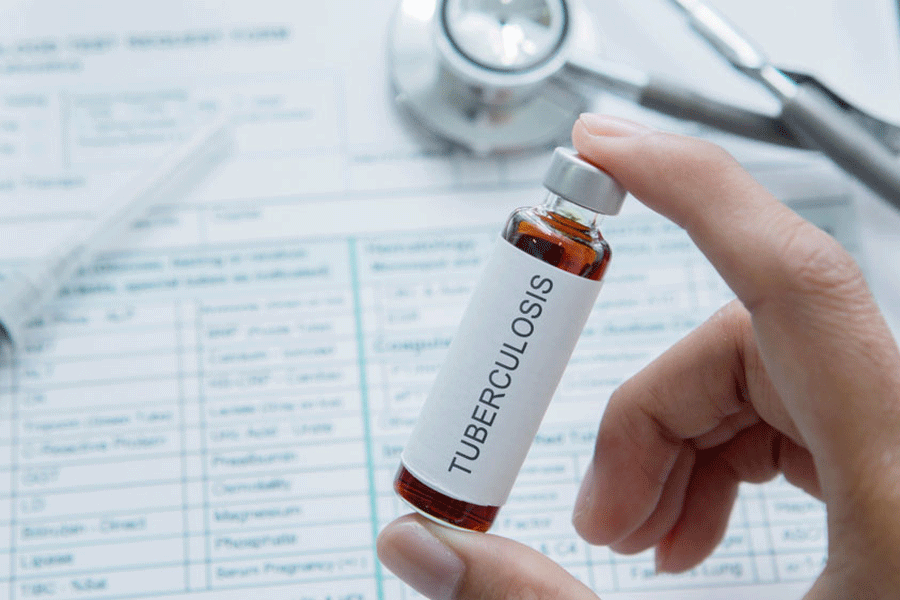One in four tuberculosis patients turned out to have recurrent TB in a nationwide survey that has underlined the need to screen cured patients with chest X-rays for at least two years to minimise the risk of recurrence.
A new look at the survey’s data has also revealed that nearly 40 per cent of the patients with recurrent TB did not show symptoms, making diagnosis a challenge and raising the risk that they would unknowingly spread the infection to others.
The 2019-21 survey by the Indian Council of Medical Research (ICMR) detected recurrent TB in 381 (27 per cent) of the 1,402 people diagnosed with tuberculosis among the 322,000-odd screened across India.
Patients who were malnourished, had underlying diabetes, or smoked or drank alcohol were likelier to have recurrent TB than other patients, the survey found.
Drug-resistant TB, which is much harder to cure than drug-sensitive TB, was more prevalent (11 per cent) among recurrent TB patients than among new TB patients (3 per cent).
“The high level of recurrent TB is expected in a country with a high TB burden,” Sriram Selvaraju, an epidemiologist at the ICMR National Institute of Research in TB, Chennai, and principal investigator of the study, told The Telegraph.
The study’s results indicate that while the TB control programme does cure patients, the underlying medical and social conditions that enhance the risk of tuberculosis have not been adequately addressed, Selvaraju and his colleagues said. Their findings have been published in the journal PLOS One.
While nearly 40 per cent of the patients with recurrent TB did not show symptoms, 17 per cent of the recurrent TB patients with symptoms did not seek healthcare, the study found.
This means that in the absence of the TB survey, 191 of the 381 patients with recurrent TB would have missed being diagnosed.
Delays in TB treatment may worsen the disease and also increase the likelihood of the patient spreading the infection to others. The researchers said such delays on the part of patients with recurrent TB were particularly worrying given the relatively higher proportion of drug-resistant TB among them.
They added that recurrent TB was likely to be contributing significantly to TB transmission, mortality and drug resistance in the country.
The researchers have flagged the need for post-treatment follow-up of all TB patients, including health education to highlight the enhanced risk of TB recurrence from undernutrition, poor diabetes control, smoking and alcohol use.
“These results reinforce the importance of comprehensive primary care alongside timely diagnosis and treatment of TB,” said Anurag Bhargava, professor of medicine and the head of the Centre for Nutrition Studies at the Yenepoya University, Mangalore, who was not associated with the ICMR survey.
Earlier studies had suggested that the rate of relapse or recurrence is nearly fourfold higher in former TB patients who are undernourished, Bhargava said. Poor nutrition and poor diabetes control are largely influenced by socioeconomic circumstances.

